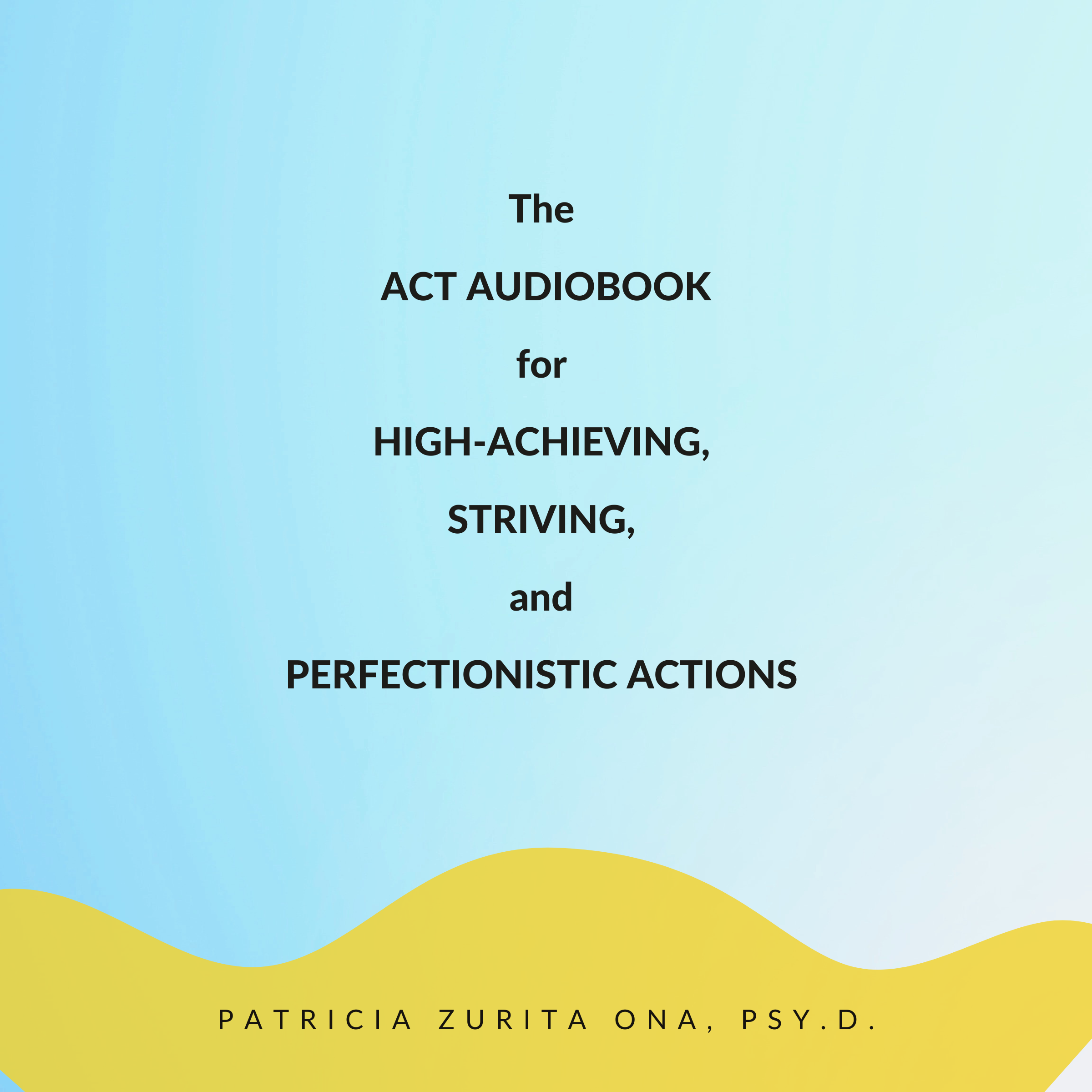Reading Time: 3 minutes
When having to make important decisions – e.g. should I apply for this new job? Should I marry this person? Should I buy this property? Should I continue dating this person? What school should I enroll my kid in? Should I move to another city? Some very popular advice that most people give us, is “trust your gut feelings.”
This is a hot topic every time I discuss it because I radically disagree with it when it’s presented as an absolute without taking into consideration a person’s situation, context, and history. Most importantly, the popular advice of “trust your feelings” is not congruent with what we know these days in decision theory, social psychology, and organizational psychology.
Table of Contents
What D. Kahneman and Tversky taught us about gut feelings and decisions?
Here is a summary of the key ideas from two scholars: Daniel Kahneman and Amos Tversky (Kahneman, Slovic, & Tversky, 1982) who were interested in “heuristics and biases.” They were curious about how people make mistakes, how people learn, and how people make knwoledge-based decisions. After spending hours analyzing complex cognitive processes, they identified two types of systems to understand how the mind operates:
- System 1 is effortless, quick, automatic, and of associative nature.
- System 2 is controlled, effortful, logical, and rule-governed. Intuition is considered to be a part of System 1, and like other cognitive processes, only sees what it wants and expects to see.
Any new idea that doesn’t fit what is supposed to be – according to our mind and based on previous associations in system 1 – is ambiguous and therefore, is quickly dismissed. Then, our mind pushes us to believe that we “know this already” and we end up missing opportunities for learning by experience or deeper examinations of that new data.
Our mind doesn’t like ambiguity and prefers to hold on with white knuckles to familiar interpretations. Scary, right?
Kahneman’s findings have been applied to organizational psychology, in particular, to understand decision-making processes. In 2003, Harvard Business Review magazine conducted a survey of executives from a private firm about gut feelings. Their findings revealed that 45 percent of the executives relied more on them than on the data when making decisions about their businesses. An interesting finding, right? This is perhaps another reflection of the advice “trust your gut feeling.”
Interestingly, and a large body of research has established that there is no relationship between an effective decision a person makes based on trusting their gut feelings and the outcome of it unless a person has expertise in a particular topic.
Are gut reactions ever helpful to make decisions?
Basically, gut reactions are extremely helpful only when expertise goes along with them (Dane, Rockmann, & Pratt, 2012). For instance, a firefighter, after participating in more than fifty rescue operations, has the expertise to trust his gut feelings, whereas a firefighter who is participating in an operation for the first time may have gut feelings pulling him in all directions and opening the possibility of making the wrong decision.
How to make skillful decisions?
So, when facing a decision, and listening to the words “trust your gut feeling,” I invite you to step back and distinguish emotional noise from true awareness.
- Gut feelings usually come with a sensation in our body (such as butterflies in our stomach), and strong judgment thoughts or problem-solving thoughts about what to do right away, right now. It’s like a very loud and demanding soundtrack.
- True emotional awareness, on the other hand, has a different quality. Instead of demanding immediate action, it’s more like having a soft soundtrack that points out what matters.
Lastly, just to clarify, I’m not saying that paying attention to our feelings is not important, of course, it is. I’m saying that taking the advice of “trusting your gut feelings” without looking at the uniqueness of your situation and your experience can lead you to problematic situations. For instance, meeting someone for the first time and getting a strong feeling that they’re the one you want to spend the rest of your life with, without taking the time to get to know them.
Emotions are to be felt; some emotions are to keep and learn from, and other emotions – perhaps a lot – are to be noticed and then, tossed.









